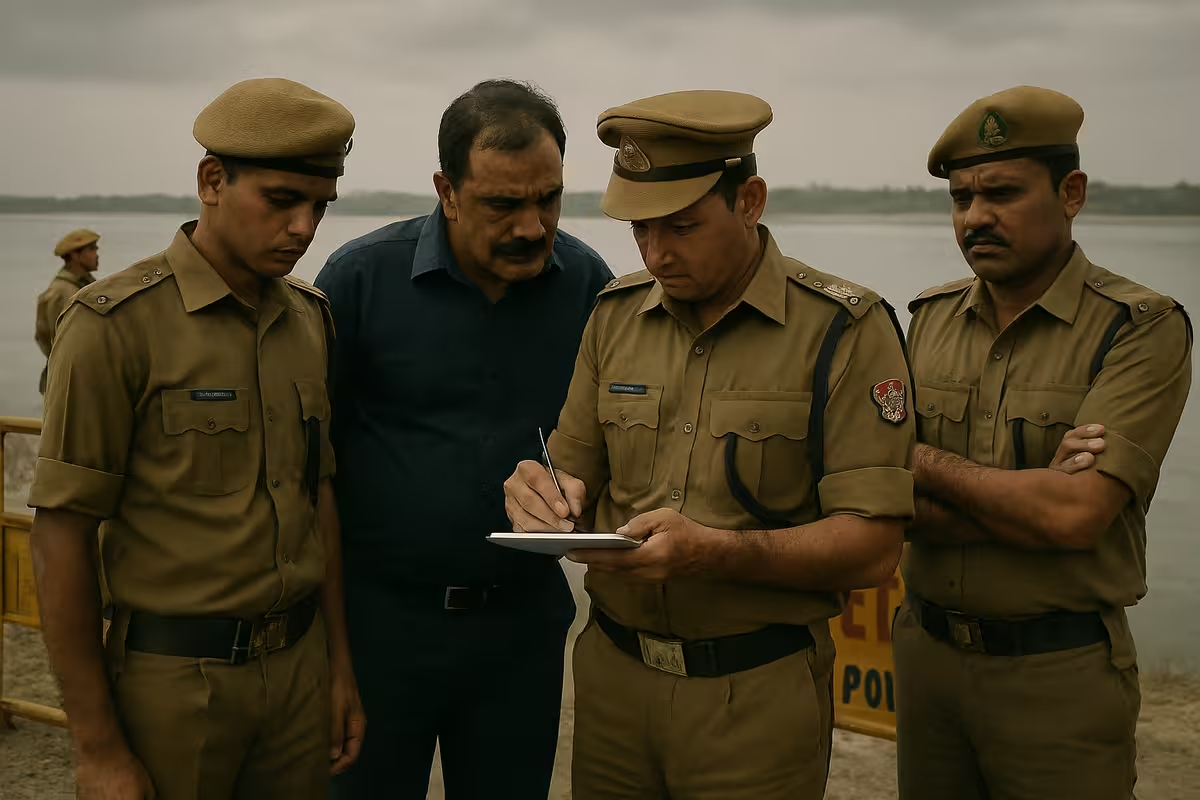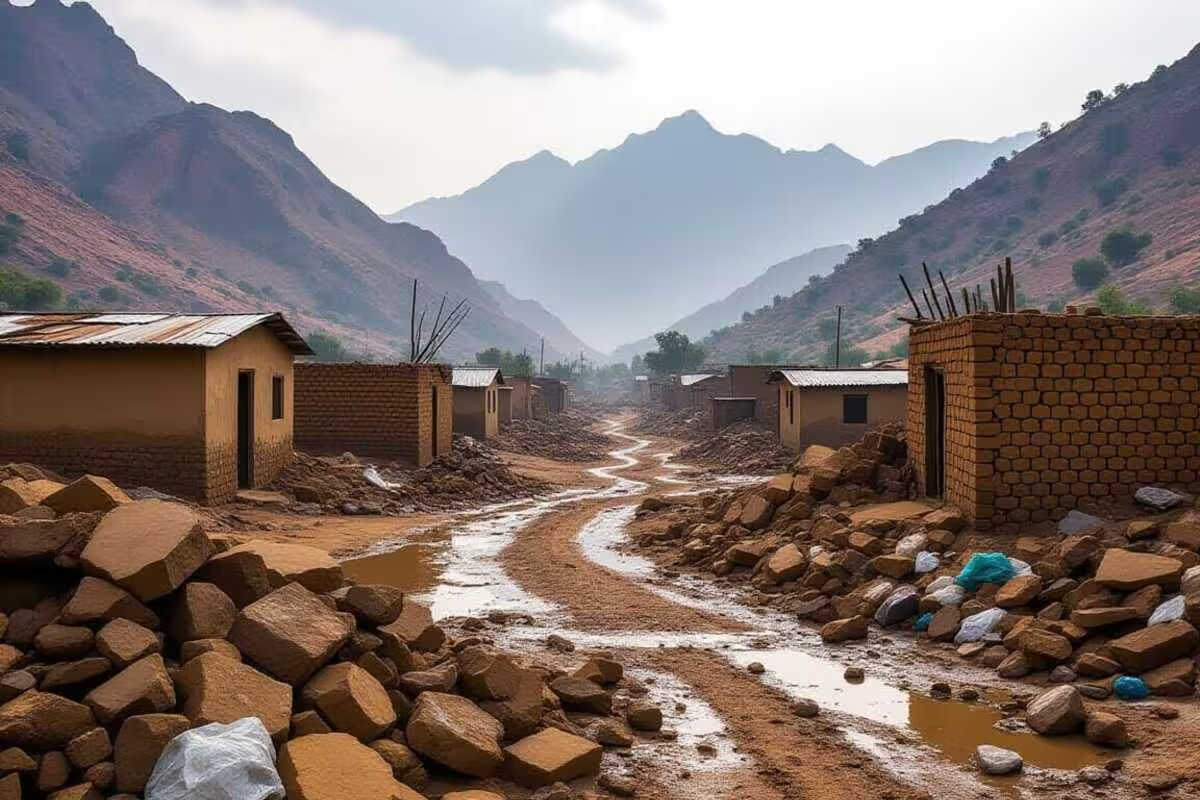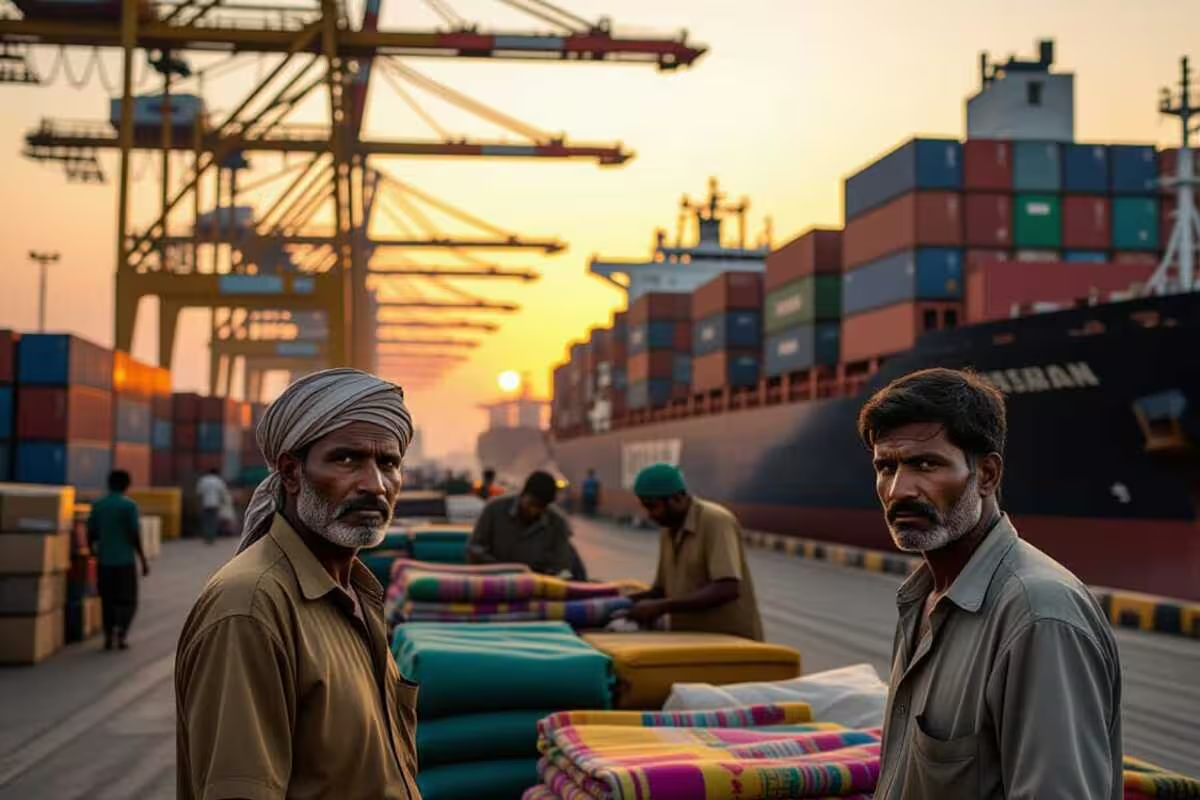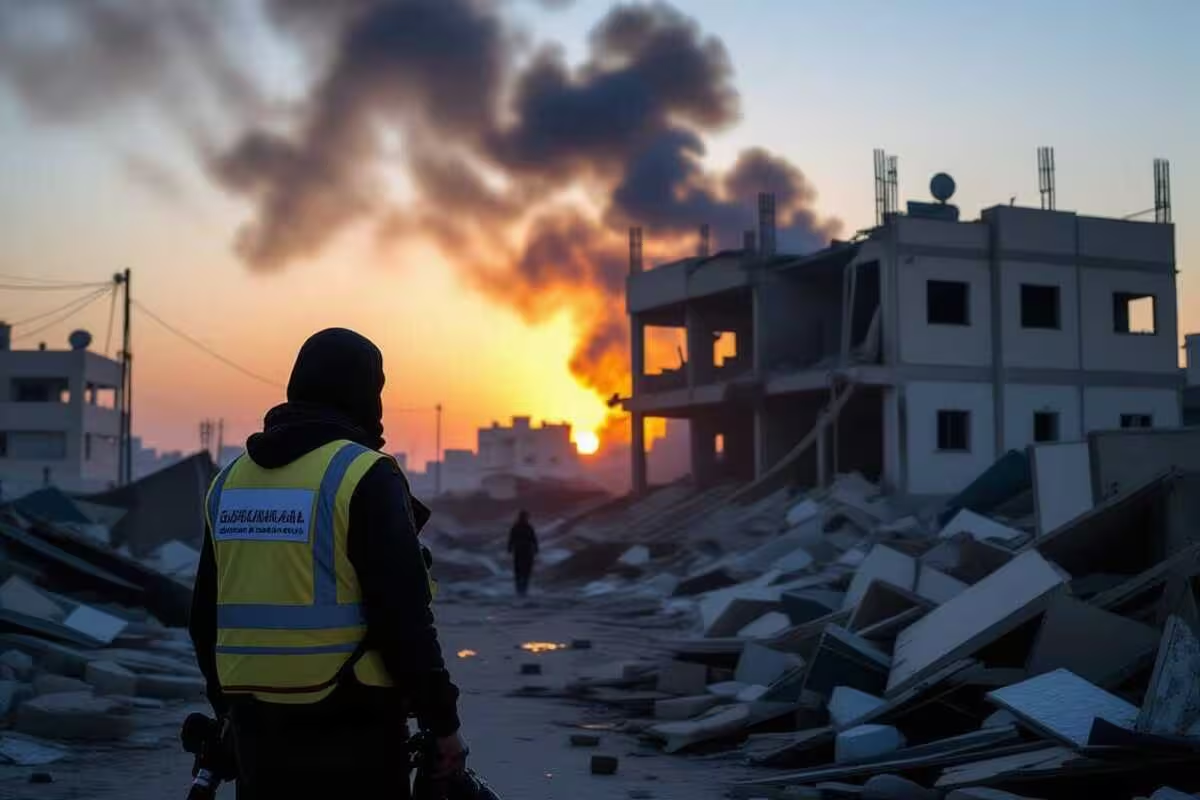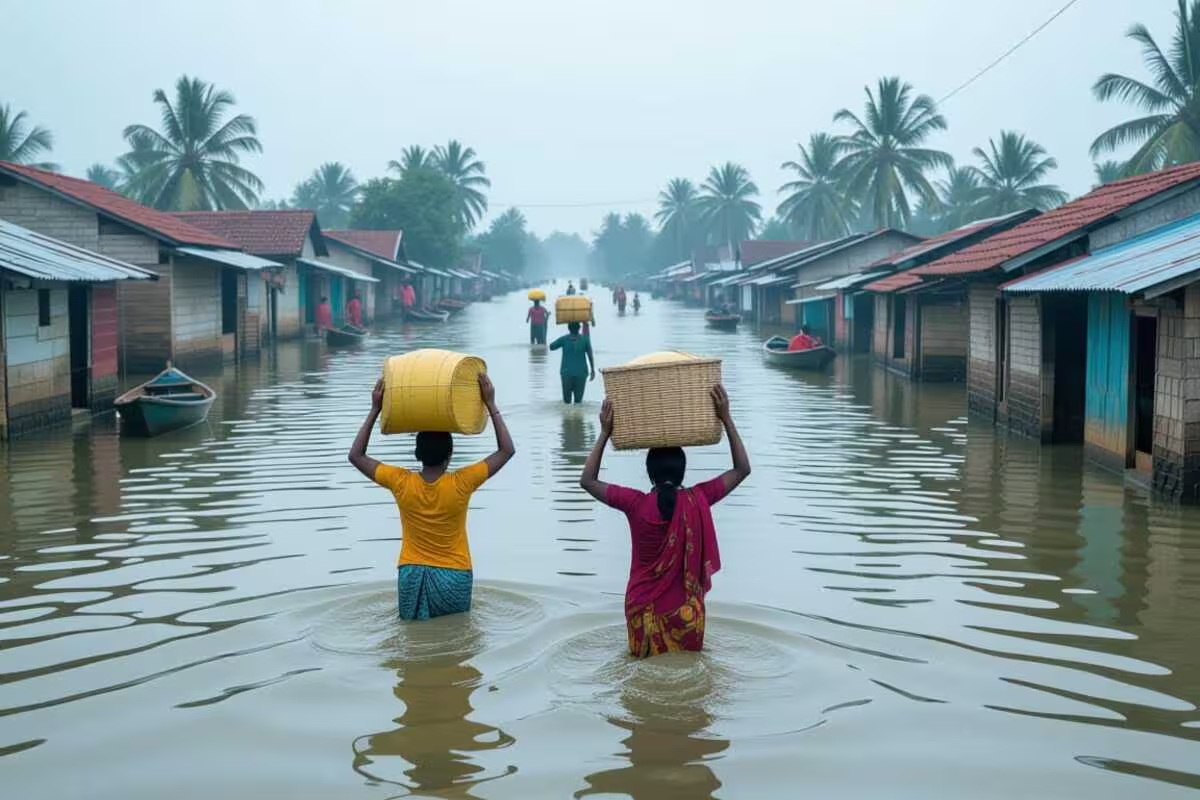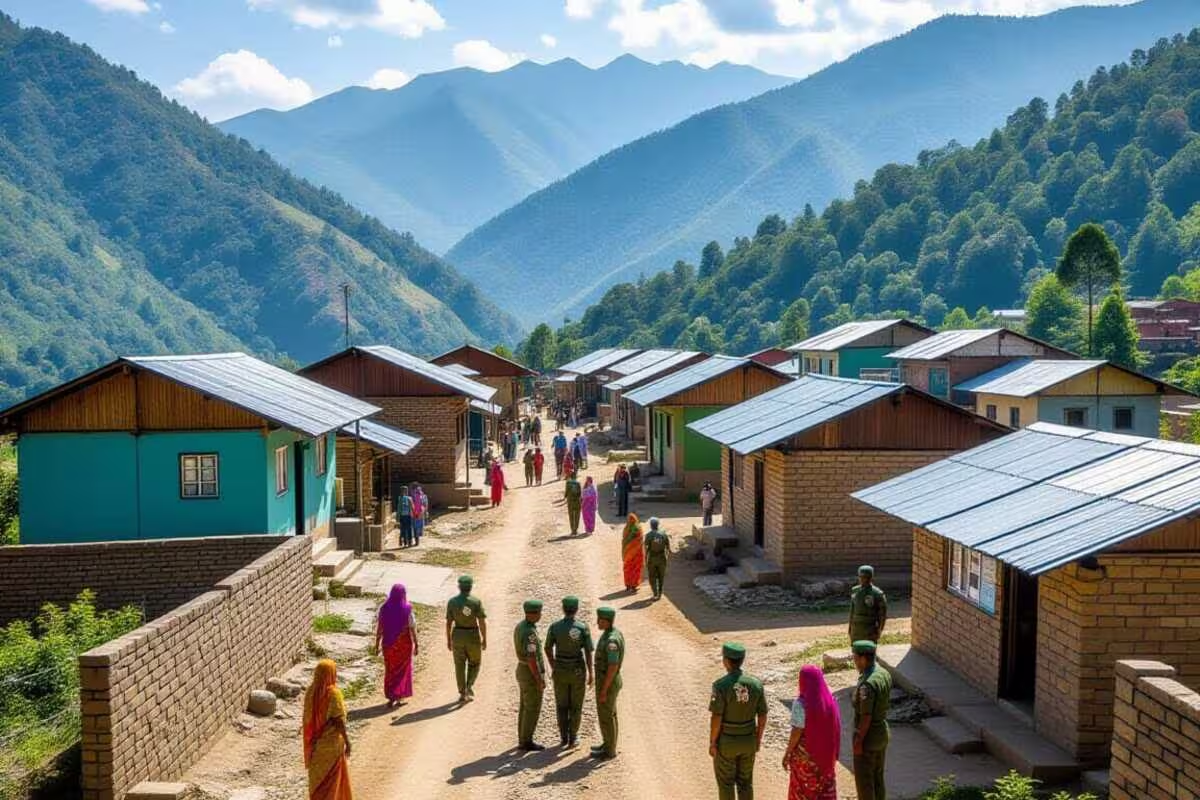Global Health Fight: Malaria, TB, and HIV Still a Huge Problem
GENEVA, Switzerland – August 6, 2025: Big health problems remain as global health leaders face a tough situation: progress against malaria, tuberculosis (TB), and HIV is either stalling or going backward in some regions. Even with years of effort and cool new solutions, the World Health Organization (WHO) and other groups say that funding shortages, rising drug resistance, and climate change are messing things up. It leaves many people at risk.
Malaria Control Slows Down
The latest World Malaria Report 2024 shows a worrying trend. After a steady drop of malaria cases, they’ve now gone up. About 263 million people got malaria in 2023, an increase from 252 million the year before.
The African region still suffers most, with about 94% of all malaria cases and 95% of deaths. Kids under five account for over three-quarters of these deaths.
One major issue is that malaria is becoming resistant to first-line drugs.
On top of that, new mosquito types are appearing. Anopheles stephensi can live in cities and are spreading because of climate change, bringing malaria to places that used to be safe.
There’s some good news. New malaria vaccines are now available in over 17 countries, with Ghana, Kenya, and Malawi taking the lead. These vaccines should save many young lives.
Tuberculosis: A Deadly Disease Makes a Comeback
TB is again a top infectious killer, even more so than HIV/AIDS. The 2024 WHO Global TB Report says about 10.8 million new TB cases and 1.25 million deaths happened last year.
The big problem is the rise of drug-resistant TB. This type is tougher and more expensive to deal with.
Treatment for drug-resistant TB isn’t great, often failing in poor countries. This is often from late diagnosis, not enough drugs, and people not sticking to long, tough treatments.
Recent global events, like the COVID-19 pandemic, have messed with health services and reversed progress in TB diagnosis and treatment. Many cases are going undiagnosed and untreated.
Not enough money is going to tackle this thing. The WHO thinks that annual funding for TB research is only around $1 billion. It is not enough; we need $5 billion to meet global targets by 2027.
HIV/AIDS Still a Problem
The fight against HIV/AIDS has come a long way, but it is not over. About 31.6 million people were on treatment by the end of 2024, but this is still less than the target of 34 million.
Getting everyone access to treatment and prevention is a must. The UNAIDS Global Report 2024 says that 87% of people with HIV knew they had it, but only 77% were getting treated, and just 73% had the virus under control.
Young women are still at a higher risk, especially in Africa. The report shows that 4,000 young women got infected with HIV every week in 2024.
Stigma against marginalized people continues to be a problem. It stops people from getting tested, treated, and getting prevention services.
Some recent stuff is good. The WHO now suggests using injectable lenacapavir, a great prevention option that only needs two doses a year. This could seriously assist people having trouble with daily pills.
Three Diseases Together
The issues with these diseases often overlap, particularly through co-infection. HIV/TB co-infection makes treatment hard and speeds up disease.
People with HIV are much more likely to get active TB than those without HIV. It is important to have combined screening and treatment programs for control.
The goal is to deal with these diseases as a system, not separately. The Bill & & Melinda Gates Foundation has always pushed for combined healthcare systems, saying that separate approaches don’t really help.
Also, issues like poverty, food problems, and inequality make these diseases worse. Addressing these main issues is important to controlling the diseases.
Time to Try Again
The reports from health groups remind us that the disease is not over. The world is at a critical point.
The World Health Assembly wants a renewed effort from governments, donors, and private groups. Political will and money are important.
There are some useful tools soon, from long-lasting PrEP injections for HIV to new gene tech for mosquito control. But we need good healthcare and fair distribution to really make a difference.
The future depends on the world studying the good and bad from before. Getting rid of malaria, TB, and HIV needs not just science but a united effort to address issues.



